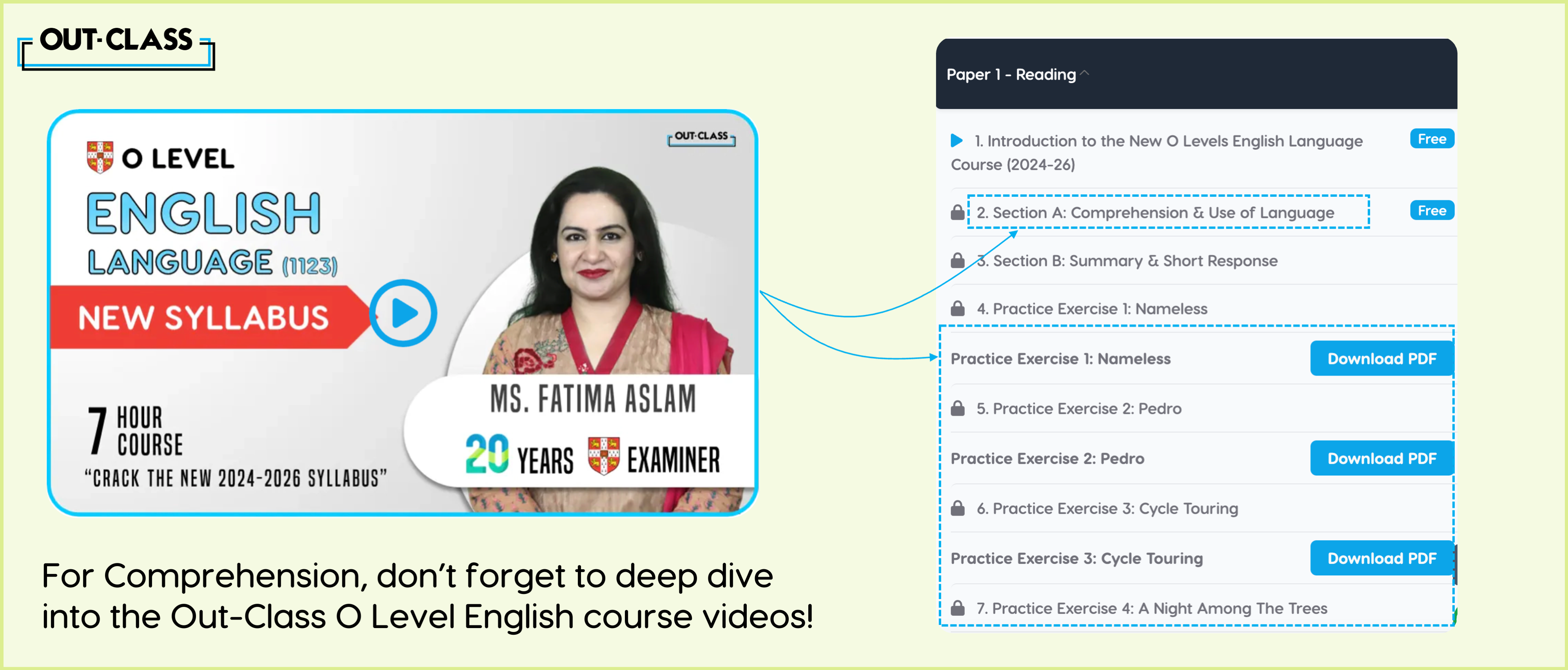Ah, the key to unlocking an A* in your IGCSE and O Level English and Pakistan Studies exams - it’s simpler than you think, and it goes by the name of “tone”.
Yes, that often overlooked yet powerful tool transforms your writing from bland to brilliant.
Understanding Tone in Writing
Let’s start with the basics - we all speak in a particular tone. Whether it’s casual banter with friends or the formal exchange with a teacher, our spoken words carry a distinct flavour. This same principle applies to writing.
Tone refers to the writer's attitude towards the subject or the audience. It's like the voice you hear in your head when you read. This voice can be serious, humorous, sarcastic, friendly, and so on. Understanding and effectively using tone can transform your writing from ordinary to compelling.
Role of Tone in IGCSE and O-Level English Exam
When it comes to IGCSE and O Level English exams, recognizing and discussing the role of tone is vital. It shows that you're not just reading the words but also picking up on the writer's intended theme, mood and style. It's like being a detective, where you're figuring out what is said and how it's said.
Each tone serves a purpose, and understanding when to deploy them is your ticket to impactful writing for both compositions and argumentative writings.
Examples of Tones in Writing:
Adaptability is the key.
-
A formal tone is used in academic or professional writing, such as in applications. It's straightforward and avoids slang or contractions.
-
An informal tone is more relaxed, like a conversation with a friend, and thus is employed more often in letter writing.
-
A sarcastic tone is like saying the opposite of what you mean to mock or to convey contempt. This tone can occur in both composition and argumentative writing.
-
A humorous tone is light-hearted and fun. This tone usually occurs in composition writing.
-
A serious tone implies a straight-to-the-point style. This tone usually occurs in argumentative writing.
Examples of Tones in an Essay
Recognizing that tone adapts to different writing genres is essential to understand tones. In essay writing, the tone can vary depending on the topic. For instance, an essay on climate change might have a convincing and authoritative voice, while a narrative essay about a funny incident might thrive on a descriptive and humorous tone.
Here's a quick list of different tones with examples:
-
Optimistic- "We have challenges, but I'm confident we'll overcome them."
-
Pessimistic- "No matter what we do, it seems like things are bound to go wrong."
-
Critical - “The policy has several flaws that need addressing."
-
Admiring - “Her dedication and skill are truly remarkable."
Understanding the Meanings Behind Tones
Understanding the meaning behind each tone can enhance your reading and writing skills. Here are a few examples:
Satirical
It uses humour, irony, or exaggeration to criticize (e.g., political cartoons).
Elegics
It is mournful or reflective, especially about something lost or past.
Nostalgia
It is longing for the past, often in a sentimental way.
Steps for Writing in Specific Tones
Step#1: Pay Attention to Word Choices
Pay attention to the word choice, sentence structure, and the overall mood of the writing. This will help develop the skill of reading between the lines for the reader.
Step#2: Utilize Adjectives
Describe the tone with adjectives like 'melancholic,' 'jovial', or 'ironic.'
Step#3: Use Quotes
Use quotes or text parts of a book to justify the topic.
Step#4: Discuss Effectiveness
Discuss how the tone influences the reader's perception or the effectiveness of the message.
Conclusion
Tone is a powerful tool in writing. It can engage, persuade, entertain, or inform your audience. As you prepare for your IGCSE & O Level English exams or even for your Pakistan Studies exam, practice identifying and using different tones in your writing. Remember, the way you say something can be just as important as what you say! Seek feedback from your teachers or peers or even scavenger online platforms like Out-Class. Constructive criticism is your stepping stone to tone perfection. Embrace it, refine your approach and watch your writing elevate.
For Comprehension, don't forget to deep dive into the Out-Class English course videos!





